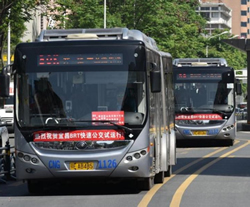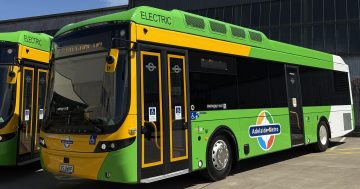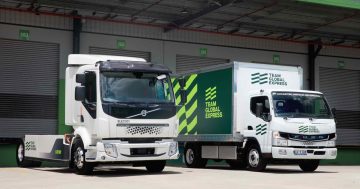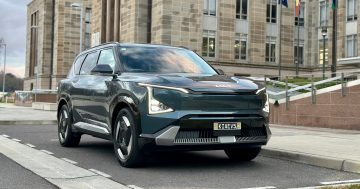 China has launched a pilot program to promote green transition in its public transport sector.
China has launched a pilot program to promote green transition in its public transport sector.
The project, expected to start 2023 and run to 2025, is aimed at building a low-carbon emission transportation system that supports the country in achieving its carbon goals.
Eight Chinese Government Departments are teaming up for the trial run, including the Ministry of Industry and Information Technology, Ministry of Transport and the National Development and Reform Commission.
Participation is voluntary but cities joining the program should ensure that 80 per cent of their newly-added vehicles in the public sector and public services are electric.
Such vehicles include city buses, taxis, garbage collection trucks, delivery cars and vehicles at airports, among others.
Over the past years, cities across China have undergone a green transformation. Shenzhen in south China’s Guangdong Province became the first city to complete a full conversion to electric vehicles (EVs) in many of its sectors.
The city’s bus fleet has become fully electric since the end of 2017, saving what is equivalent to 345,000 tonnes of standard coal and reducing 1.35 million tonnes of carbon dioxide emissions annually.
In addition, Shenzhen was also the first city in the world to adopt EVs for its taxis and ride-hailing services.
The document says China will plan and build an intelligent and efficient charging and battery swap infrastructure system to meet increasing demand. It also set the target of adding the same amount of public charging piles as the number of EVs newly added to the public sector.
According to the document, the high adoption of electric vehicles in the public sector would also promote the deep integration of EVs and cities’ electricity network, telecommunication network as well as the smart transportation system, testing out different application scenarios for the construction of smart cities.
Shenzen, 5 February 2023










